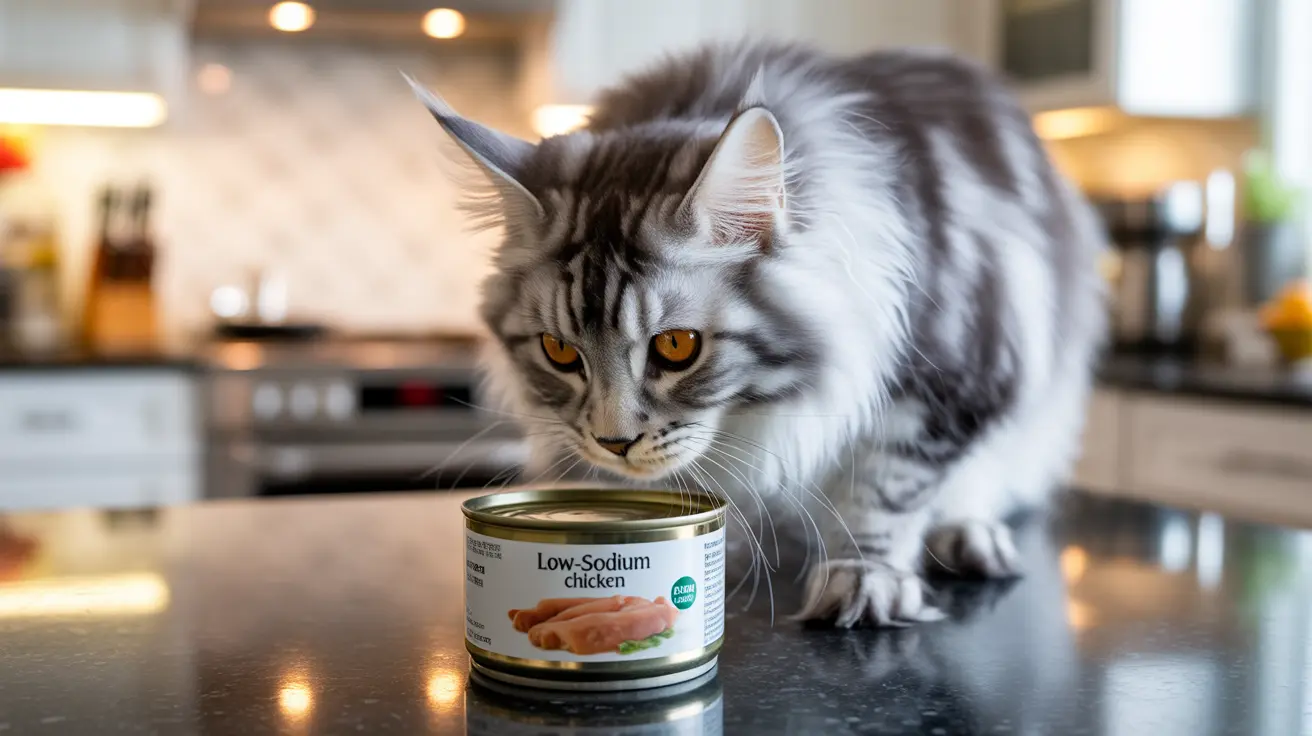Understanding the Benefits of Canned Chicken for Cats
Canned chicken can offer several nutritional advantages when fed appropriately to cats:
- High-quality protein content that supports muscle maintenance and overall health
- Additional moisture content that helps with hydration
- Easy digestibility for most cats
- Potential palatability for picky eaters
Important Safety Considerations
While cats can eat canned chicken, certain precautions are essential:
- Choose low-sodium or no-salt-added varieties
- Avoid products with artificial preservatives or additives
- Ensure the chicken is plain, without seasonings or spices
- Check that the can is free from dents or damage
How to Properly Serve Canned Chicken
Follow these guidelines for safe feeding:
- Drain excess liquid to reduce sodium intake
- Start with small portions to test tolerance
- Mix with regular cat food for balanced nutrition
- Store unused portions in an airtight container in the refrigerator
- Serve at room temperature
Portion Control and Frequency
Moderation is key when feeding canned chicken to cats:
- Limit to 10% or less of daily caloric intake
- Use as an occasional treat rather than a meal replacement
- Consider your cat's size and activity level when determining portion size
- Monitor weight and adjust portions accordingly
Alternative Protein Options
If canned chicken isn't suitable for your cat, consider these alternatives:
- Plain, cooked fresh chicken
- Commercial wet cat food with chicken
- Other lean meats specifically formulated for cats
- Veterinary-approved protein sources
Frequently Asked Questions
Can cats safely eat canned chicken, and how often should it be given?
Yes, cats can safely eat canned chicken, but it should be limited to occasional treats (1-2 times per week maximum). Choose low-sodium varieties and ensure it makes up no more than 10% of their daily caloric intake.
What ingredients should I avoid in canned chicken to protect my cat's health?
Avoid canned chicken containing high sodium levels, artificial preservatives, seasonings, spices, onion or garlic powder, and added oils. Always check the ingredient list for potentially harmful additives.
How do I introduce canned chicken into my cat's diet without causing digestive issues?
Start with very small amounts mixed into their regular food. Gradually increase the portion over several days while monitoring for any signs of digestive upset or allergic reactions.
Is plain cooked chicken a better option than canned chicken for my cat?
Plain cooked chicken is often a better option as you have more control over the preparation method and can ensure no additives or excess sodium are present. However, both can be safe when properly prepared and served.
Can canned chicken help cats with food allergies or sensitivities?
Plain canned chicken might be suitable for cats with certain food sensitivities, as it's a single-protein source. However, always consult with your veterinarian before using it as part of an elimination diet or allergy management plan.
Conclusion
While cats can safely eat canned chicken, it should be viewed as an occasional treat rather than a dietary staple. Always choose high-quality, low-sodium options and introduce them gradually into your cat's diet. When in doubt, consult with your veterinarian about the best ways to incorporate canned chicken into your cat's specific dietary needs.






